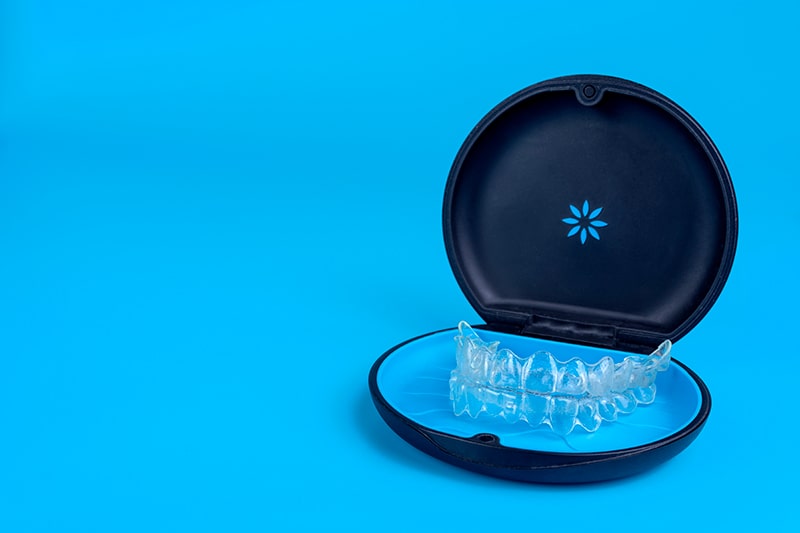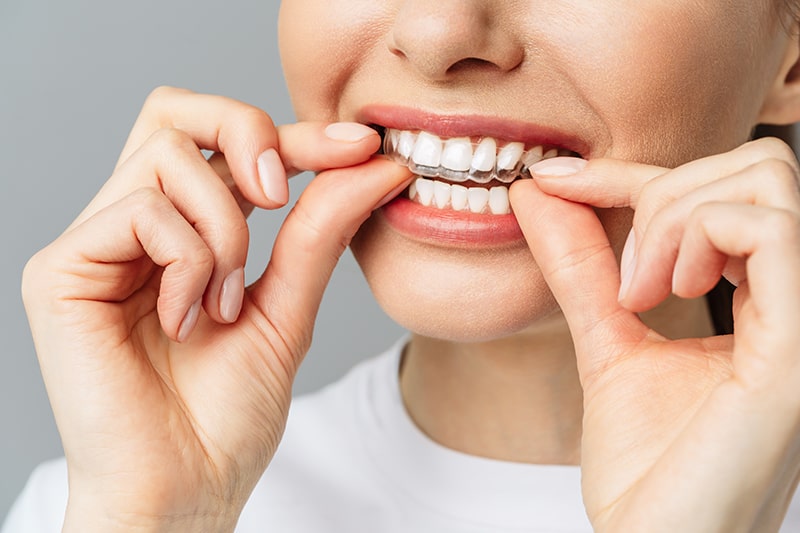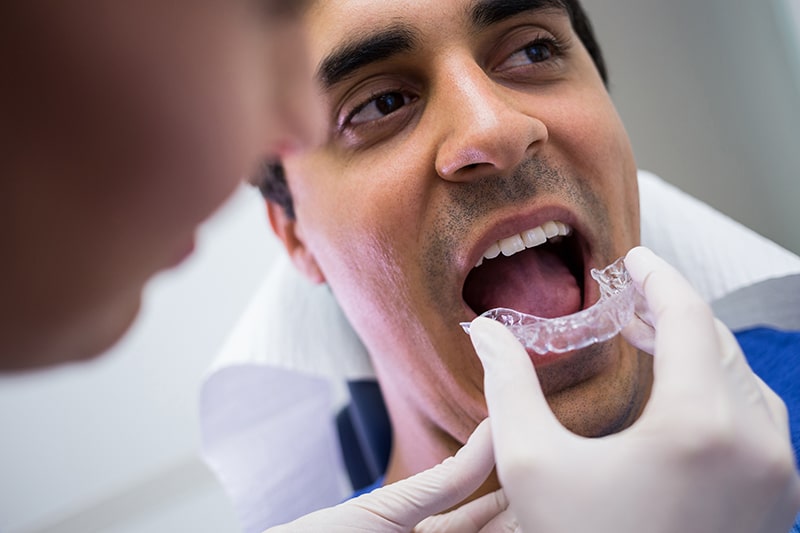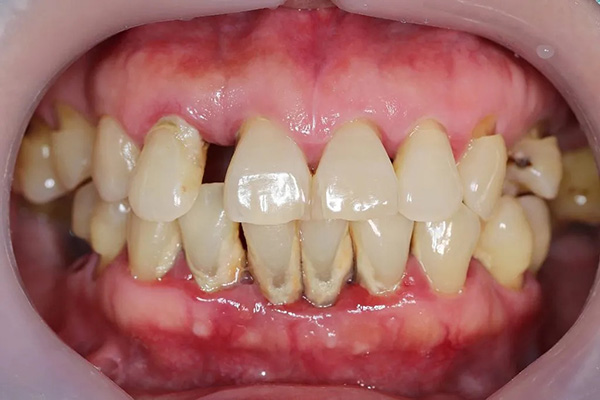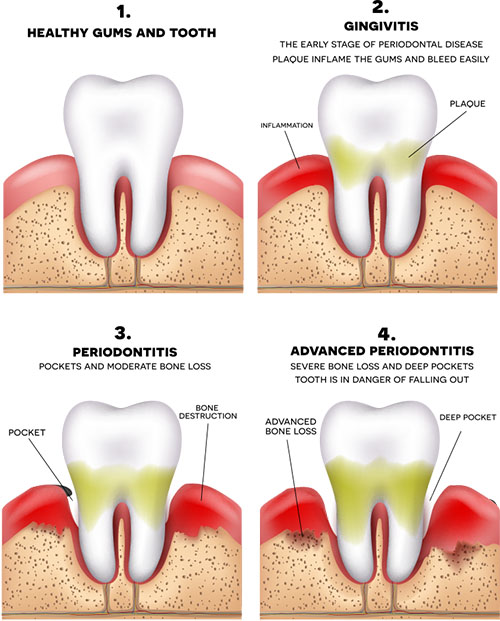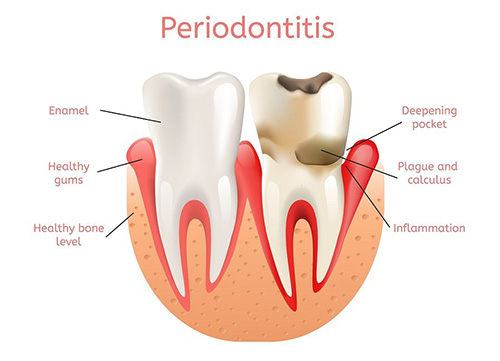Proper Speech and Chewing:
Milk teeth are essential for proper speech and chewing abilities. Without these teeth, children may have difficulty pronouncing certain words or chewing their food properly, which can affect their overall nutrition and digestion.
Maintaining Space for Permanent Teeth:
Milk teeth also serve as placeholders for the permanent teeth that will come in later. If a child loses a milk tooth too early due to decay or injury, it can cause the surrounding teeth to shift, resulting in crowding or misalignment of the permanent teeth.
Preventing Pain and Infection:
Untreated tooth decay in milk teeth can cause pain and infection, which can impact a child’s ability to eat, sleep, and concentrate at school. Severe cases can even lead to hospitalization.
Treating milk teeth in a timely manner can prevent these complications and ensure your child’s comfort and well-being.
Establishing Good Oral Hygiene Habits:
Treating milk teeth also helps children develop positive oral hygiene habits from a young age. Regular dental check-ups and treatments can instill a sense of responsibility and importance of dental care in children, which can carry over into adulthood and result in a lifetime of healthy teeth and gums.
Dairy products:
Dairy products such as milk, cheese, and yogurt are excellent sources of calcium, which is essential for building strong teeth and bones.
Fresh fruits and vegetables:
Fresh fruits and vegetables are not only nutritious but also help stimulate saliva production, which helps neutralize acids in the mouth and prevent tooth decay. Some good options include apples, carrots, celery, and strawberries.
Whole grains:
Whole grains such as brown rice, quinoa, and whole wheat bread are rich in nutrients and fiber, which promote overall health and help prevent tooth decay.
Lean proteins:
Lean proteins such as chicken, fish, and beans are important for building and repairing tissues in the body, including teeth and gums.
Water:
Water is essential for overall health and also helps rinse away food particles and bacteria from the mouth, reducing the risk of tooth decay.
On the other hand, it’s important to limit or avoid sugary and acidic foods and beverages, such as candy, soda, and fruit juice. These can contribute to tooth decay and erode the enamel on the teeth. If your child does consume sugary or acidic foods or beverages, encourage them to rinse their mouth with water afterward and brush their teeth regularly.
In addition to a healthy diet, it’s important to practice good oral hygiene habits, including brushing twice a day with fluoride toothpaste, flossing daily, and visiting the dentist regularly for checkups and cleanings.
If your child is experiencing tooth pain or sensitivity, it may be a sign of tooth decay or infection. It’s important to have the tooth examined by a dentist as soon as possible to prevent the issue from worsening and causing further complications It is recommended that children start seeing a dentist for regular checkups as soon as their first tooth appears or by their first birthday.
However, there are also certain signs and symptoms that may indicate the need for milk teeth treatment and warrant an immediate visit to the dentist.
Here are some situations where you should consider taking your child to see a dentist for milk teeth treatment:
Tooth Pain or Sensitivity:
If your child is experiencing tooth pain or sensitivity, it may be a sign of tooth decay or infection. It’s important to have the tooth examined by a dentist as soon as possible to prevent the issue from worsening and causing further complications.
Visible Decay or Discoloration:
If you notice visible decay or discoloration on your child’s milk teeth, it may be a sign of tooth decay. Even if your child isn’t experiencing any pain or discomfort, it’s important to have the tooth examined and treated by a dentist to prevent the decay from spreading.
Broken or Chipped Tooth:
If your child has a broken or chipped tooth, it may be a sign of injury or decay. In either case, it’s important to have the tooth examined by a dentist to determine the appropriate treatment.
Difficulty Eating or Chewing:
If your child is having difficulty eating or chewing, it may be a sign of tooth pain or sensitivity. It’s important to have the tooth examined by a dentist to determine the cause of the issue and provide appropriate treatment.
Delayed Tooth Eruption:
If your child’s milk teeth are not erupting on schedule or are causing discomfort, it may be a sign of underlying issues that require treatment. A dentist can examine the teeth and recommend appropriate treatment to ensure healthy development.
In general, it’s important to take your child to see a dentist for regular checkups and as soon as any signs or symptoms of dental issues arise. Early detection and treatment can help prevent complications and ensure your child’s healthy growth and development.
At Dr. Praveen’s Specialty Dental Clinic, your child’s dental health is our top priority. With a range of treatment options for milk teeth, including fillings, crowns, root canal treatment, extraction, and preventive care, we strive to provide gentle and effective care for your child’s healthy growth and development.
Preventive Care:
In addition to treatment options, Dr. Praveen’s clinic also emphasizes preventive care for children’s dental health. Regular checkups, fluoride treatments, and sealants can all help prevent tooth decay and promote healthy teeth and gums.









